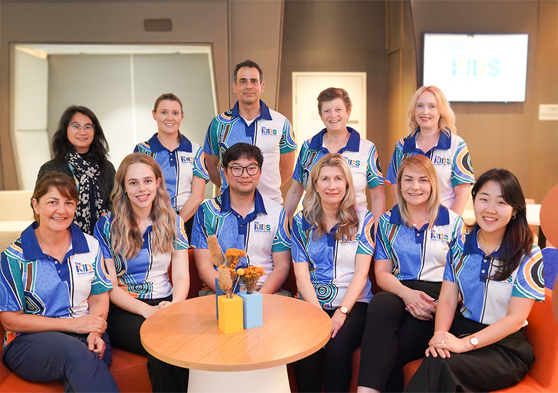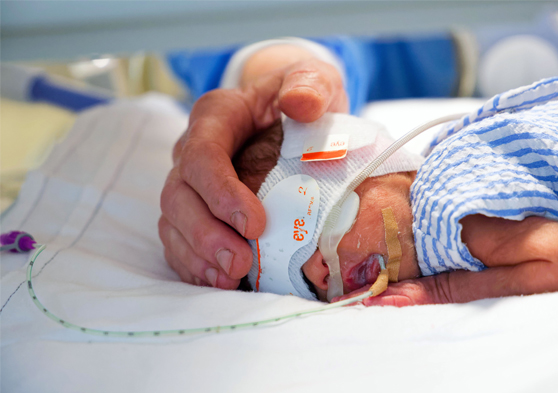Search
Research
Characterising the epidemiology of RSV in Australian children through record linkage: clinical burden, outcomes and risk factorsHannah Peter Moore Richmond OAM BSc (Hons) GradDipClinEpi PhD MBBS MRCP(UK) FRACP Head, Infectious Diseases Research Head, Vaccine Trials Group 08

Meet the team behind the CIRCA DIEM study.

A sub-study is an ‘add-on’ study that helps to answer specific questions within a larger research project. If you decide to participate in the CIRCA DIEM study, you or your child may be invited to take part in one of the CIRCA DIEM sub-studies.
Research
Comodity forecastingProject description This project support the development of 10-year global forecasts of nets, insecticides, diagnostics, and treatments for malaria
Research
Comparing and combining the effects of low dose ultraviolet and physical activityShelley Prue Gorman Hart BSc (Hons) PhD BSc (Hons) MSc PhD Honorary Research Associate Honorary Research Fellow shelley.gorman@thekids.org.au
Research
CONNECT – Collaborative Network for Neuro-oncology Clinical TrialsRaelene Endersby BSc (Hons) PhD Brainchild Fellow; Co-Head, Brain Tumour Research raelene.endersby@thekids.org.au Co-Head, Brain Tumour Research
Research
CRISPR gene editing and stem cell disease modelling: a new path to genetic and rare disease patient diagnosisVanessa Timo Fear Lassmann BSc (Hons), PhD BSc (Hons) MSc PhD Head, Translational Genetics Team Feilman Fellow; Head, Precision Health Research and
Research
Defining Group A Streptococcus interaction with the tonsil epithelium to inform vaccine developmentA vaccine that prevents the initial attachment of Strep A to the tonsils would reduce the incidence of Strep throat and severe diseases that result.
Research
DETECT SchoolsThe DETECT-Schools Study was launched in May 2020 as a partnership between the WA Government Departments of Education and Health with The Kids Research Institute Australia.
Research
Developing a protocol for a national study of bullying prevalance in school-aged childrenThe Kids Research Institute Australia's Human Capability Team has been asked by the Commonwealth Department of Education, Skills and Employment (DESE) to prepare a methodology and project plan to conduct a nationally-representative survey of bullying prevalence among children and young people in Years 4–10.
